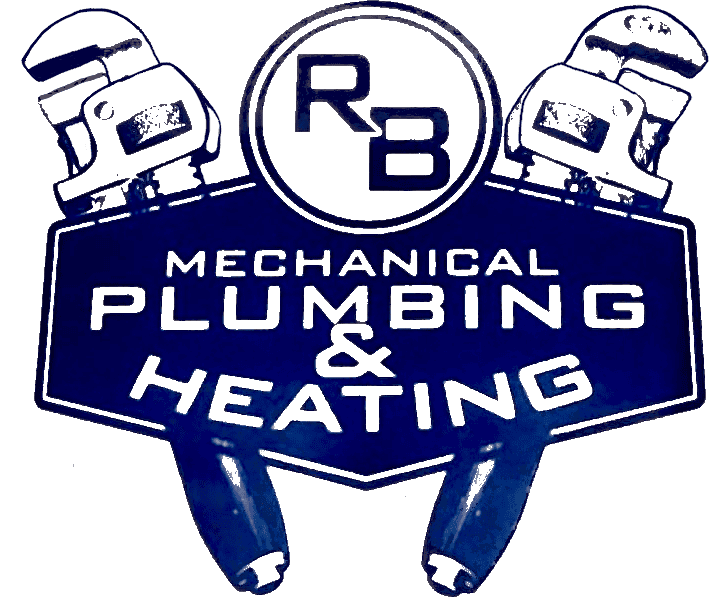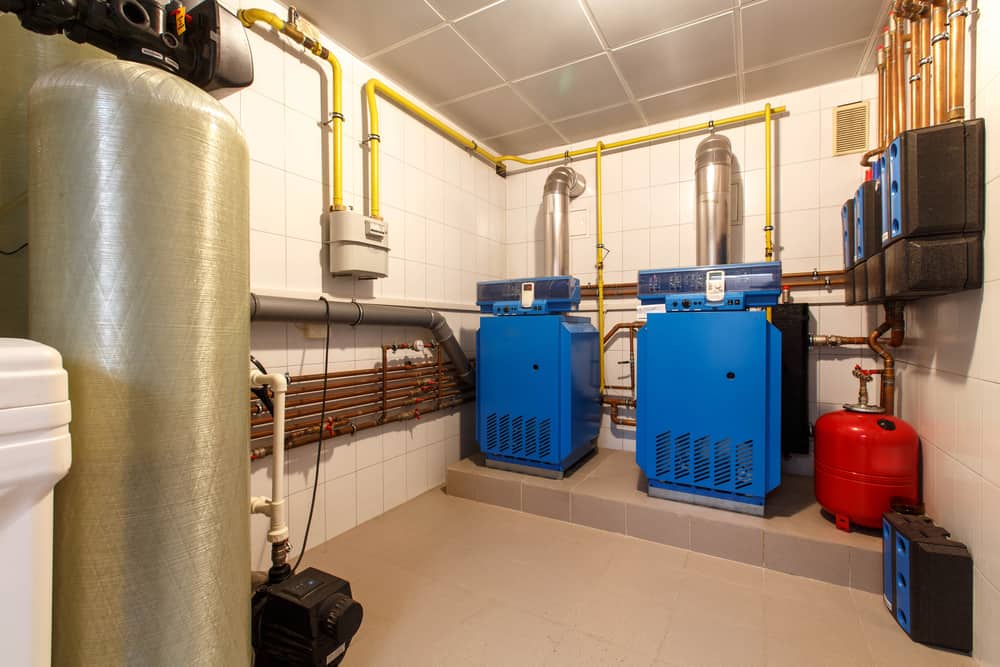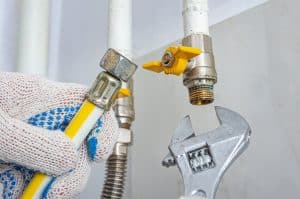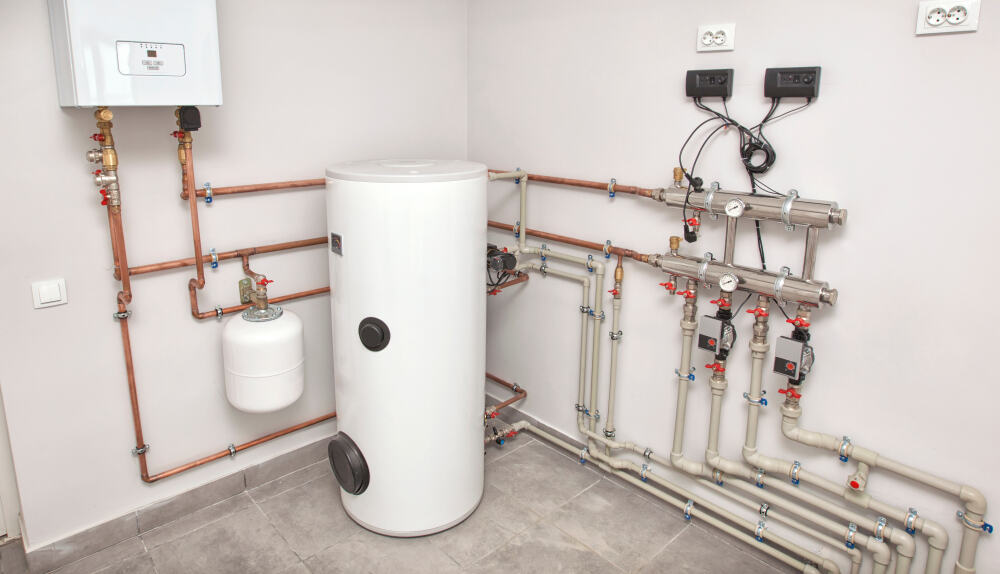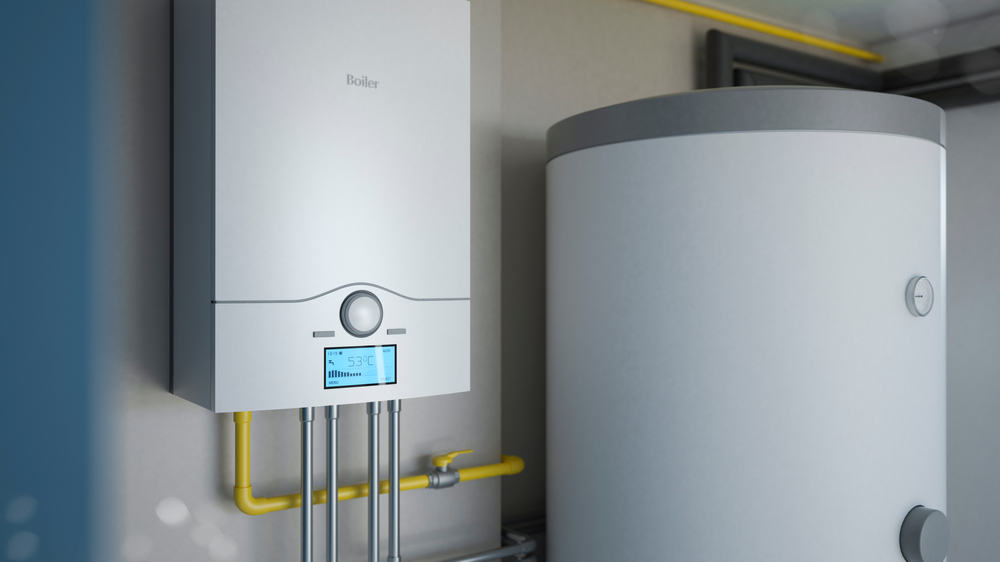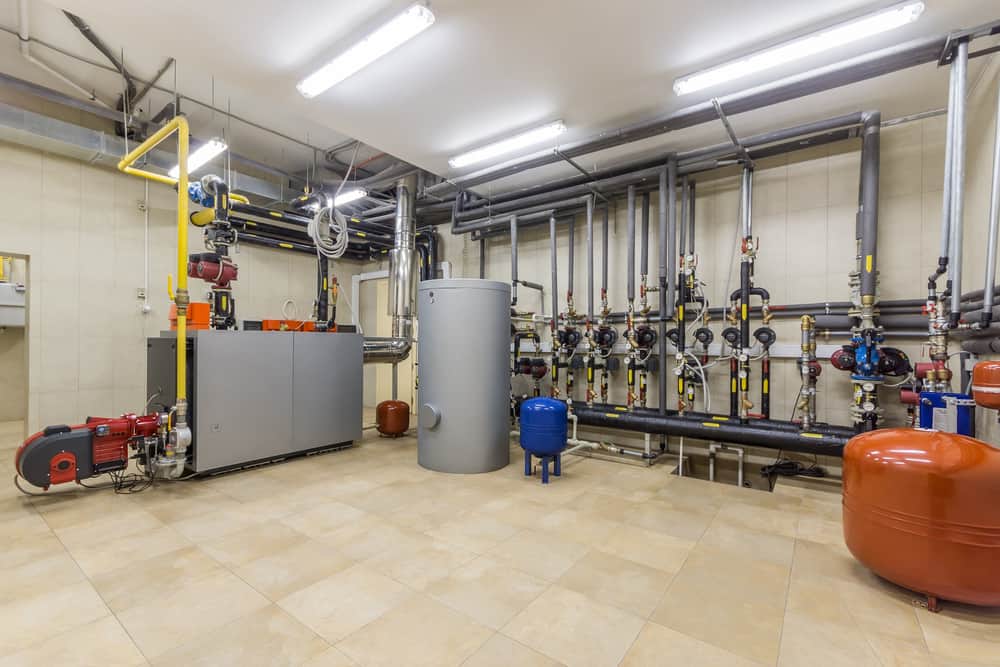How to Identify Critical Water Heater Issues Before They Become Major Problems
Assessing Your Water Heater's Age
When it comes to hot water heaters, every type of water heater has its prime. Typically, a hot water heater’s golden years range from 8-12 with proper care. As they age, wear and tear coupled with accumulated minerals and sediment can reduce the efficiency of electric water heaters and other types of water heaters.
If you’re often wondering about the age of your unit, it’s beneficial to be proactive. Checking the manufacture date on its label is a simple way to gain insight. However, an older hot water heater sometimes means it’s time for a change, especially when considering tankless water heaters or electric water heaters. With the right interventions, many hot water heaters can continue serving faithfully for a few more years, but it’s also a good time to explore tankless water heater installation options.
Discolored Water: A Sign of Trouble?
The quality of water can provide critical insights into the well-being of your hot water heater. Pristine, clear water is the expectation when turning on the tap, but encountering a rusty or cloudy flow can signal trouble within the heater.
Unusual odors or a metallic taste are further indicators of potential issues. Sediment build-up or internal rusting are common culprits behind these changes. Rather than dismissing them as temporary glitches, it’s crucial to address these signs promptly to prevent more significant problems down the line. Regular maintenance can keep your hot water heater running smoothly.
Unusual Noises from Your Water Heater
Normally, water heaters hum quietly in the background, almost unnoticeable. However, when this hum turns into pronounced noises like rumbling or popping, it’s a clear sign that your water heater may be encountering issues.
These unusual sounds are often the consequence of sediment hardening at the bottom of the tank, causing the heater to work overtime. This not only affects its day-to-day performance but can also significantly reduce its overall lifespan. By addressing these auditory warning signs early, you not only prevent larger complications but also keep those energy bills in check. Regular maintenance can help with electric water heaters and other types of water heaters.
The Cost Balance: Continuous Repairs or a Fresh Start?
Every appliance will require some form of maintenance or repair during its lifecycle. Yet, if you find yourself frequently calling in for water heater repairs, it might be an indication that its efficiency is waning.
The financial strain of continuous repairs can quickly add up, often surpassing the cost of a new unit. When faced with this dilemma, it’s essential to weigh the benefits of persisting with an old unit versus the peace of mind and improved efficiency a new unit can bring.
Leaks: Small Signs of Bigger Problems
Occasional moisture or a small puddle around your water heater might seem like a minor inconvenience. In the intricate world of plumbing, though, these seemingly minor signs can be forewarning of more significant issues.
Unchecked leaks can escalate, potentially leading to substantial water damage or even a tank failure. Addressing these early can save you from costly repairs and the hassle of emergency clean-ups. It’s always better to be safe and preemptive rather than face the aftermath of a major leak.
Inconsistent Water Temperatures: A Sign of Decline?
Consistent temperature is one of the primary functions of a water heater. When you experience sudden cold spurts amidst a warm shower or find the water takes longer to heat, it’s time to investigate.
These fluctuations can stem from various issues, be it malfunctioning heating elements, sediment build-up, or a more comprehensive system degradation. Regardless of the cause, temperature inconsistencies can rob you of comfort, and addressing them early ensures you can enjoy those warm, comforting showers without interruptions.
